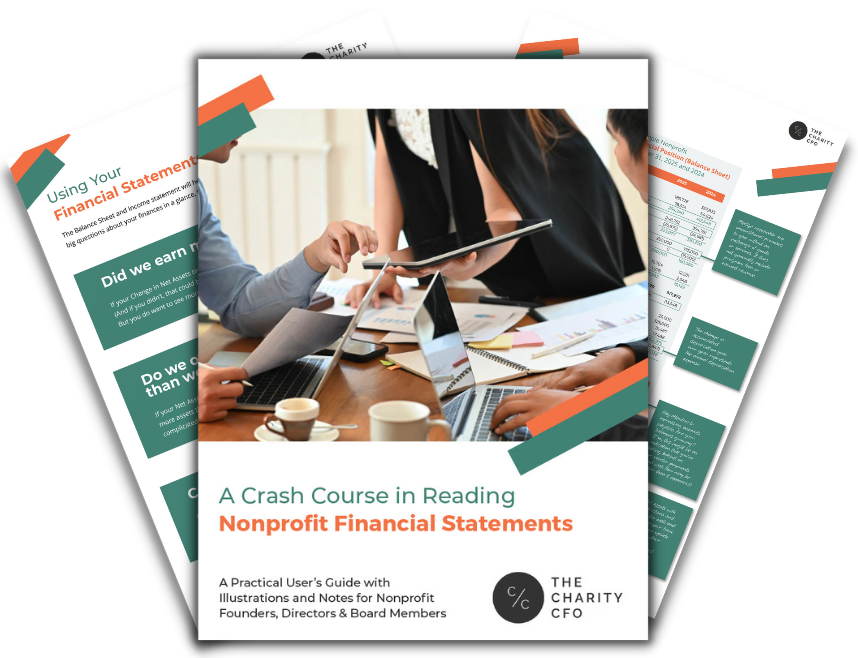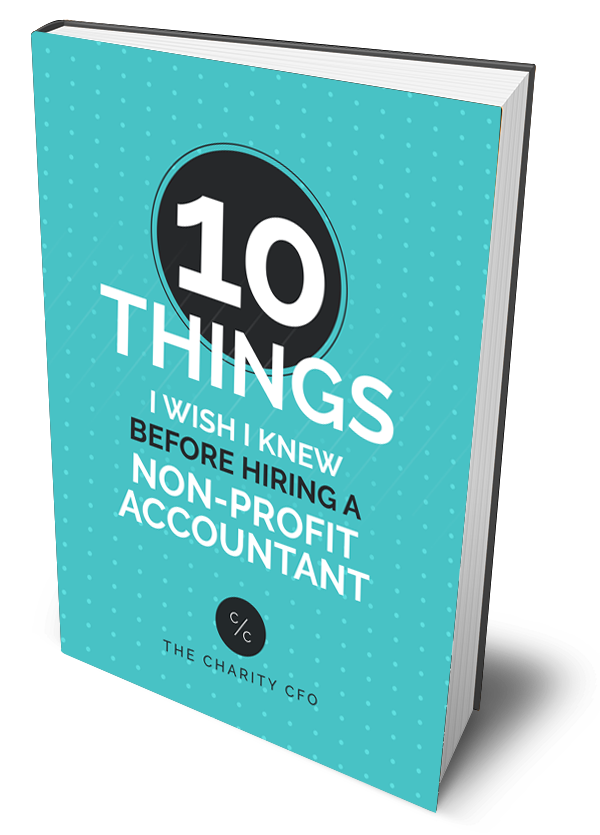If you dream of devoting more time to a cause you believe in and taking it to the next level, you might ponder starting a nonprofit. The prospect of serving your community is certainly a calling worth pursuing, and nonprofits serve an essential role in their clients’ lives. This is particularly true in domains where it doesn’t make sense for the government or private sector to provide aid.
However, starting a nonprofit has completely different considerations in comparison to starting your own business. There are completely different laws, norms, and obligations that frequently take well-meaning founders by surprise. Nonprofit founders can easily find themselves facing emotional and financial burnout.
For the following five reasons, you should reconsider starting a nonprofit.
5 Reasons Why You Shouldn’t Start a Nonprofit
1. There is a TON of Competition for Funding
While you may receive moral support from your loved ones, professional colleagues, and community, it’s going to be far more difficult to get financial support.
Nonprofits fiercely compete for funding, similar to businesses seeking traditional sources of capital. Even if your cause is worthy and your budding nonprofit strives to fill a gap that other nonprofits cannot, you’re essentially competing for the same donor pool as massive, well-established organizations.
This donor pool consists of individuals, corporate giving programs, private foundations, and government grants. While it isn’t impossible to secure funding through one or more of these routes, it’s certainly difficult. When you don’t have a track record or proof of what your nonprofit has accomplished, the competition for grants and donor funds is a lot stiffer.
2. You’re Underestimating the Time and Resources Needed to Start a Nonprofit
According to the Bureau of Labor Statistics, the vast majority of nonprofit employment is in just four industries:
- Healthcare
- Social assistance
- Hospitals
- Educational services
Only 7% of nonprofit employment belongs to other sectors like religious organizations, the arts, historical societies, and other such institutions. What does this spell for the nonprofit you wish to start?
While most people may think of large organizations like United Way and the American Cancer Society, the lion’s share of nonprofits is actually quite small. Statista claims that nearly one million nonprofits have less than $50,000 per year in annual revenue. $50,000 is barely enough for your annual pay without considering operating expenses, let alone having the ability to hire employees.
Volunteers can help occasionally, but starting a nonprofit requires bootstrapping for longer than you might expect. It takes significant time and effort. To compare it to starting a small business, that also carries significant bureaucracy but it’s also easier to become operational virtually overnight. Nonprofits need to incorporate, create by-laws, obtain tax-exempt status, find the right people for the board, and fundraise, which is a challenging endeavor on its own.
3. Nonprofits Require Extensive Legal and Accounting Compliance
Nonprofits are subject to several layers of federal and state laws and financial reporting standards. Properly recording revenue, maintaining proof that your organization is eligible for tax-exempt status, and meeting operational transparency guidelines that are both mandated and simply expected by the public all create major financial and legal challenges. You also need to find legal and accounting professionals who specialize in nonprofits, as the financial and tax considerations are completely different than what you encounter in the private sector.
4. Nonprofits Face Unique Staffing Challenges
Small nonprofits have great difficulty attracting and retaining staff, as the Bureau of Labor Statistics has demonstrated. There are several reasons for this, but a major one is that tenuous funding makes it difficult to pay people.
- If you have a government grant through the end of the year, the program could get defunded next year or the funds go to another nonprofit.
- Individual donors are facing record inflation that leaves them with less disposable income to donate to causes they care about.
- Private trusts and foundations are less likely to provide significant funding to a new and unproven nonprofit.
Because of these problems, nonprofits have incredibly limited staffing and relatively high turnover. Employees suffer burnout because they have to take on the roles of multiple people and eventually leave for higher pay at larger nonprofits, if not the government or private industry.
5. Many Nonprofits Fail
Because it’s so hard to get consistent funding and thus provide quality services to the public, most new nonprofits will fail. The lack of financial resources, limited organizational capacity, and management styles that don’t translate from the private sector frequently lead to the downfall of promising nonprofits. Founders, employees, and volunteers burn out and move on.
In order to succeed in the nonprofit world, it requires:
- Fundraising skills
- Proper communications
- Management skills tailored to nonprofits
- Ability to develop and maintain programs
Think it Through Before Starting a Nonprofit
Starting a nonprofit is a huge decision and one that needs to be carefully considered. Think about it from every angle and decide if it’s the right call to start your own nonprofit, or if there are other ways that you can better support causes you care about.
But if you’re ready to take the plunge and learn more about the backend and financial requirements for starting a nonprofit, reach out to our team at The Charity CFO.

Do You Struggle to Make Sense of Your Financial Statements?
Get our FREE GUIDE to nonprofit financial reports, featuring illustrations, annotations, and insights to help you better understand your organization's finances.
Get the free guide!



0 Comments